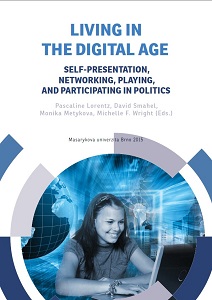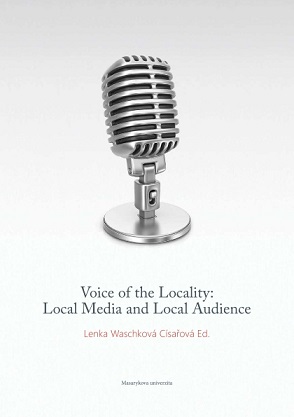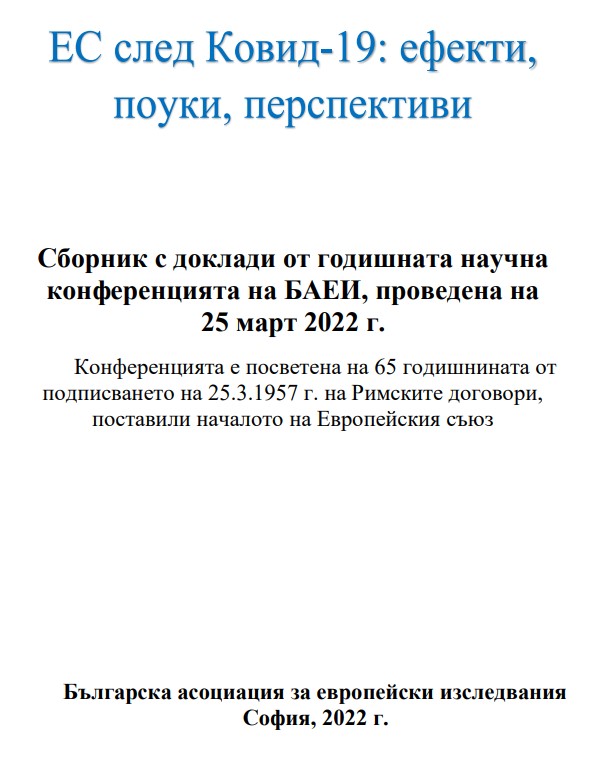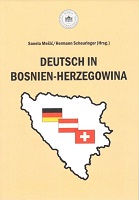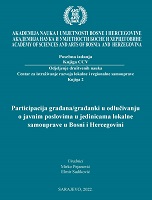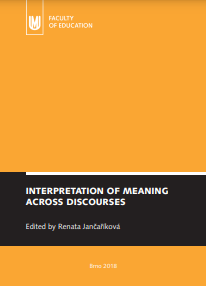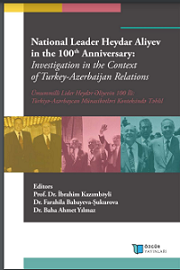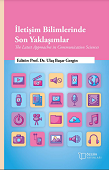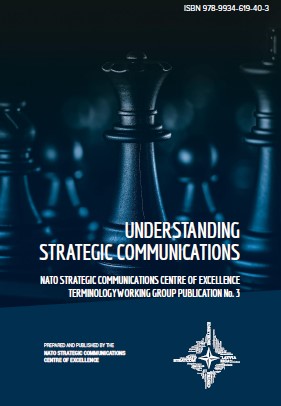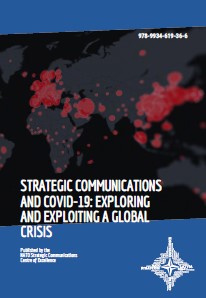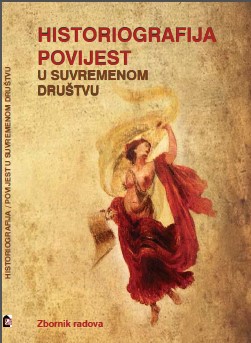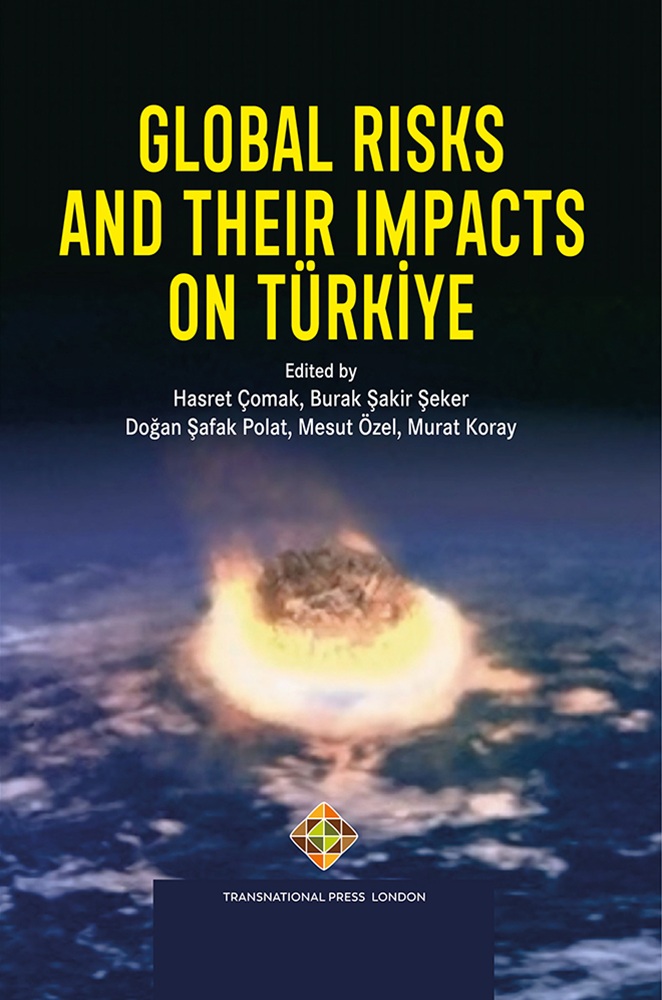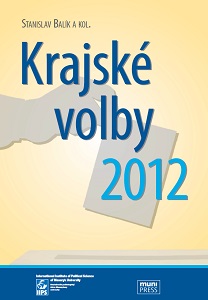
TÉMATA PŘEDVOLEBNÍCH KAMPANÍ V PROGRAMECH STRAN, JEJICH OUTDOOROVÝCH KAMPANÍCH A MÉDIÍCH
Otto Eibl, Miloš Gregor, and Alena Macková research the topic of parties’ election campaigns in platforms, their outdoor campaigns, and in the media in the fourth chapter. Their analysis consists of two aspects of campaigns by parties that received at least one seat – through election manifestoes on the one hand, and billboards and other outdoor campaign signage on the other.
More...
